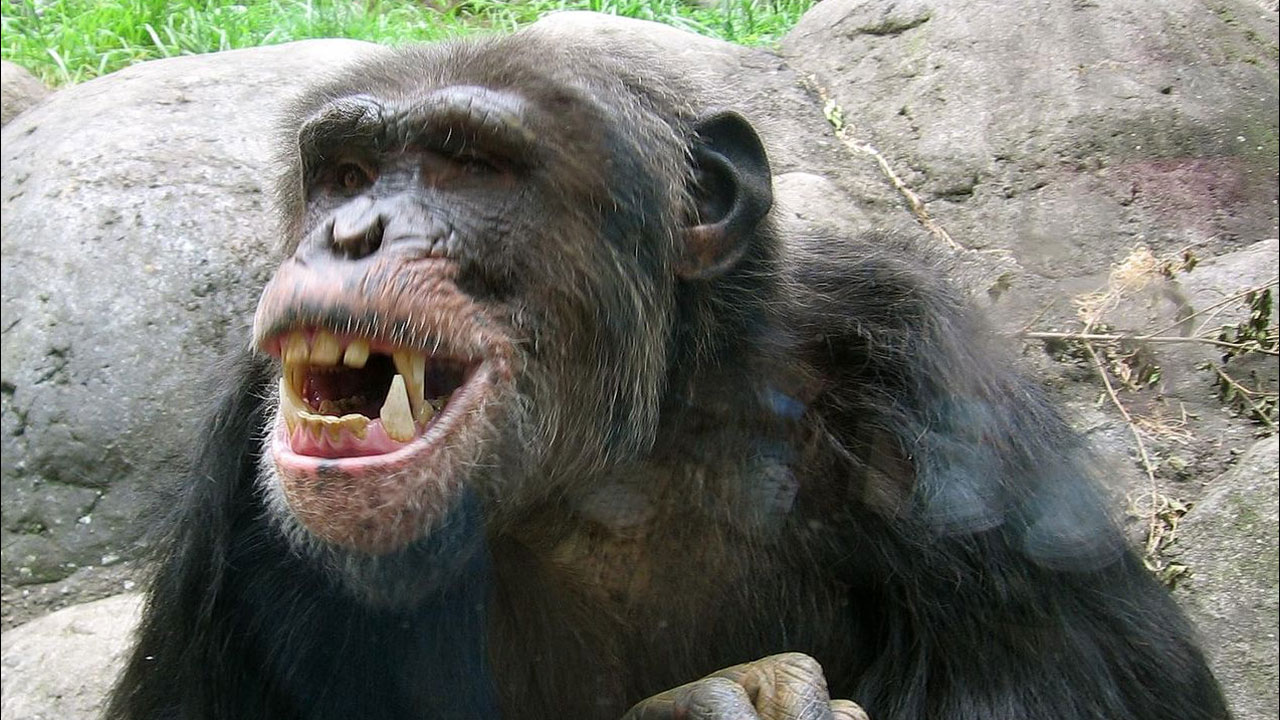It’s a victorious-ish day for our closest hominid relatives. Yesterday, the U.S. National Institute of Health announced that it would begin retiring biomedical research chimps — many of whom have spent their entire lives in captivity — to sanctuaries. Er, most of them. Over the next couple years.
Following years of pressure from groups like the Humane Society and the Institute of Medicine (who declared in 2011 that the use of chimps for medicine research could no longer be justified — as if something had suddenly changed), the N.I.H. has agreed to retire about 310 chimps. They will be released into stimulating outdoor environments where they can socialize, climb trees, and play at will — although the chimps won’t be allotted as much space as recommended by the agency’s advisory council.
Incidentally, this decision comes two weeks after a proposal by the United States Fish and Wildlife Service “declaring captive chimpanzees endangered, requiring permits for their use that would hamper efforts by public or private labs to use the animals to test drugs and in other research.” Go figure.
“Chimpanzees are very special animals,” the N.I.H. director, Dr. Francis S. Collins, told the NY Times. “We believe they deserve special consideration.”
The agency will keep another 50 on reserve, just in case a crucial (human) medical situation arises that can’t be studied any other way. For us— after all these years of “special consideration” — surely those chimps will understand.



